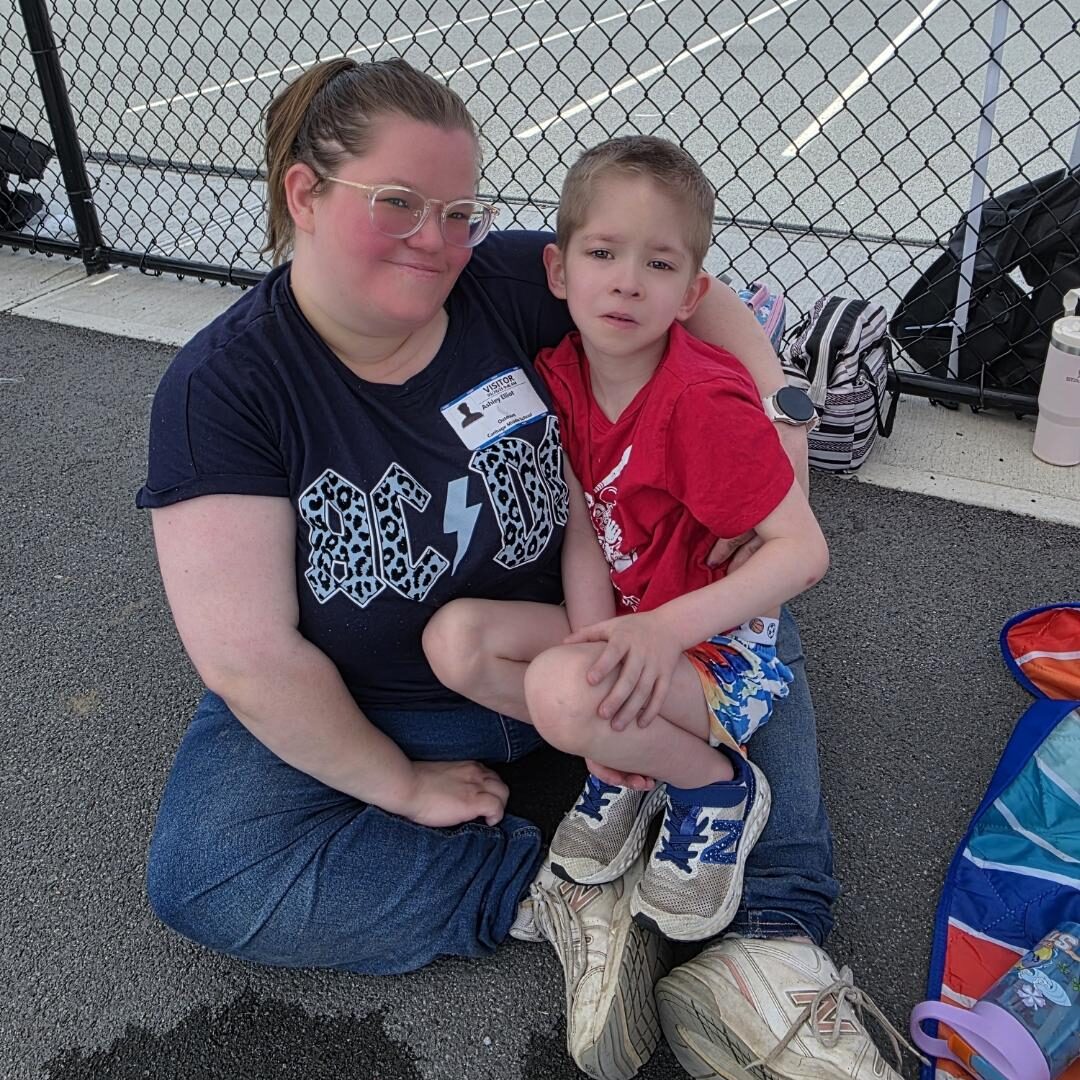
Every family I talk to doesn’t even know what the backup plan would be. Medicaid is the only reason we’ve made it this far.
In 2014, Ashley gave birth to her son at just 35 weeks, 5 weeks short of full term. At first, everything seemed fine, but within moments, the situation turned critical. Her newborn turned blue and was rushed to the NICU. Just days later, doctors delivered devastating news: “We got informed he had one of the most severe, complicated heart defects,” Ashley recalled. Her son proceeded to reach some of his earliest milestones, including his first smile and his first steps, within the hospital walls.
What followed was more than a medical crisis, it was a financial one too. Over the next year and a half, her son was in and out of the hospital, undergoing multiple surgeries and interventions. At one point, he even needed ECMO, a form of life support that takes over heart and lung function. “In all, his hospital stay was $3 million.” Ashley said.
A hospital social worker stepped in and encouraged Ashley to apply for Supplemental Security Income (SSI) and Medicaid, a critical recommendation that helped the family stay afloat.
When her son was discharged, he needed multiple medications including blood thinners, diuretics and treatments for pulmonary hypertension. With private insurance alone, copays would have been about $100 per medication. “But once the Medicaid kicked in, we didn’t have to pay for any of that.” Ashley said.
But Ashley’s son’s complications did not relent. During one surgery, a medication error caused additional heart damage, leading to the loss of part of her son’s left lung. Because of this, he is no longer eligible for future heart surgeries or transplants. Still, he continues to fight. “We have to do heart catheters to keep the vessels in his lungs open. We drive three hours to a specialist and get admitted overnight because it’s such a delicate surgery. It’s every six months.”
But that care is now at risk. Ashley’s son’s cardiologist recently warned that cuts to Medicaid could reduce the frequency of his procedures to just once per year or less. That’s a risk her son cannot take. “We don’t know what will happen if he doesn’t get it.” Ashley said.
Even minor illnesses can become life-threatening to her son. A cold landed him in the ICU for three days last Halloween. He can’t safely attend school or childcare. Ashley works when she can, but her son’s fragile health makes consistent employment difficult. “I’ve lost so many jobs because I’ve called in and said ‘I’m sorry, I can’t work. He’s in the hospital.’” His father works full-time but cannot afford to add him to his employer’s health plan. The coverage would cost around $330 a week. “That’s a whole bill,” Ashley says. “He can’t afford it.”
Now, Ashley is speaking out because she knows what’s at stake. “Every family I talk to doesn’t even know what the backup plan would be. Medicaid is the only reason we’ve made it this far,” she says. “Medicaid is not a luxury. His life matters. It is a basic human right.”
Add your voice to help us continue to push for the best health and health care for all.
SHARE YOUR STORY